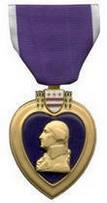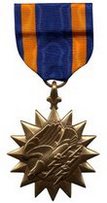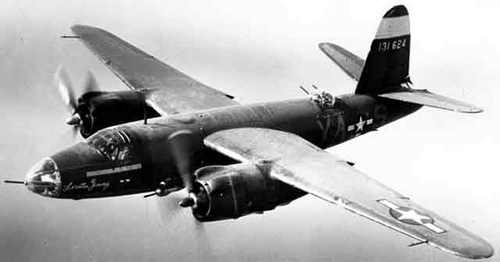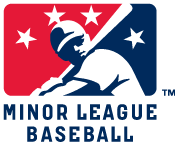

Go on, why not sponsor this page for $5.00 and have your own message appear in this space. Click here for details |
World War II Hero of the Minor Leagues

 Joe Chiozza
Joe Chiozza
Date and Place of Birth: 1920 Memphis, Tennessee
Died: March 19, 2000 Memphis, Tennessee
Baseball
Experience:
Minor
League
Position:
Pitcher
Rank:
First Lieutenant
Military Unit:
494th Bomb Squadron, 344th Bomb Group
USAAF
Area Served: European Theater of Operations

Joseph P "Joe" Chiozza was born in Memphis, Tennessee in 1920. He was the youngest of three baseball-plying brother. His eldest sibling, Lou, had begun a professional career in the Phillies organization in 1934. He played for the Philles from 1934 to 1936 and was with the New York Giants from 1937 to 1939. He was the first man to bat in a major league night game as the leadoff batter for the Phillies when they met the Reds at Cincinnati's Crosley Field in the initial major league arclight contest on May 24, 1935. Dino, two years younger than Lou and eight years older than Joe, joined the Phillies organization in 1934 and made two appearances as a shortstop with the National League team in 1935.
Joe was just 17 years old when he signed as a pitcher with the Memphis Chicks in 1937. "He may be two or three seasons away from the majors," said Memphis manager Billy Southworth at the time, "but I believe he will reach the big show."
Memphis assigned young Chiozza to the Paragould Rebels of the Northeast Arkansas League his rookie year. He appeared in 22 games and was 3-6 with a 4.83 ERA. He was out of organized baseball in 1938 but returned with the Clarksdale Red Sox of the Cotton States League in 1939 where he posted a 3-3 record.
1939 was to be Chiozza's last year in baseball. He entered military service with the Army Air Force and served in Europe with the 494th Bomb Squadron of the 344th Bomb Group. Lieutenant Chiozza was the bombadier of a Martin B-26 Marauder crew that flew 58 successful missions in the Coral Princess III.
On the morning
of November 19, 1944, Chiozza flew a mission to the South of France.
The target was the railroad bridge across the Rhine at
He was taken
by jeep to the end of the runway where the Coral Princess
was ready to take off. The day was overcast with low clouds at 1500
feet and a second layer at 3000 feet. Chiozza studied the target
photo which was the railroad yards at
The right engine had also caught fire during this time and was feathered, the compasses were all wrecked and there were gaping holes throughout the airplanee. Furthermore, it was beginning to snow. Captain Allyn told his crew to make sure that their chutes were on right as he searched for somewhere to ditch the plane. Then the left engine began to sputter and the order was given to bail out. The tail gunner, Staff-Sergeant E K Bozack, and Captain Webster Allyn both failed to jump and were killed when the plane crash landed and exploded. Chiozza and the three other crew members who jumped landed safely and were helped back to their unit by Belgian underground forces. Chiozza left his parachute with a young Belgian girl who wanted to use the material for her wedding gown.

Chiozza was back in the United States in February
1945. While at Miami Beach Army Air Base awaiting redistribution, he
announced he would not be returning to professional baseball because
he felt he was too old to regain his pitching form.
Joe Chiozza passed away in Memphis, Tennessee on March 19, 2000. He was 80 years old.
Copyright © 2013 Gary Bedingfield (Baseball in Wartime). All Rights Reserved.